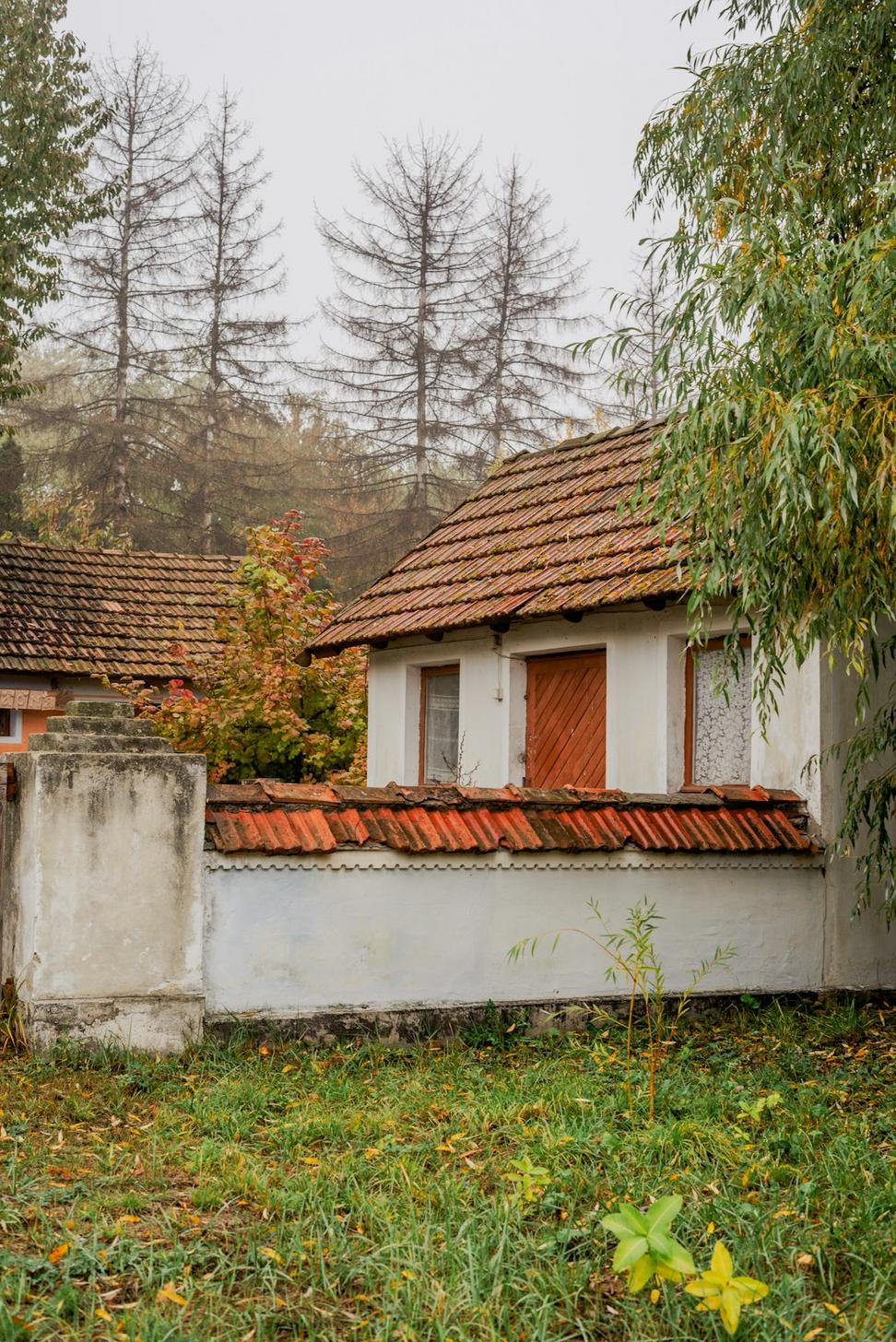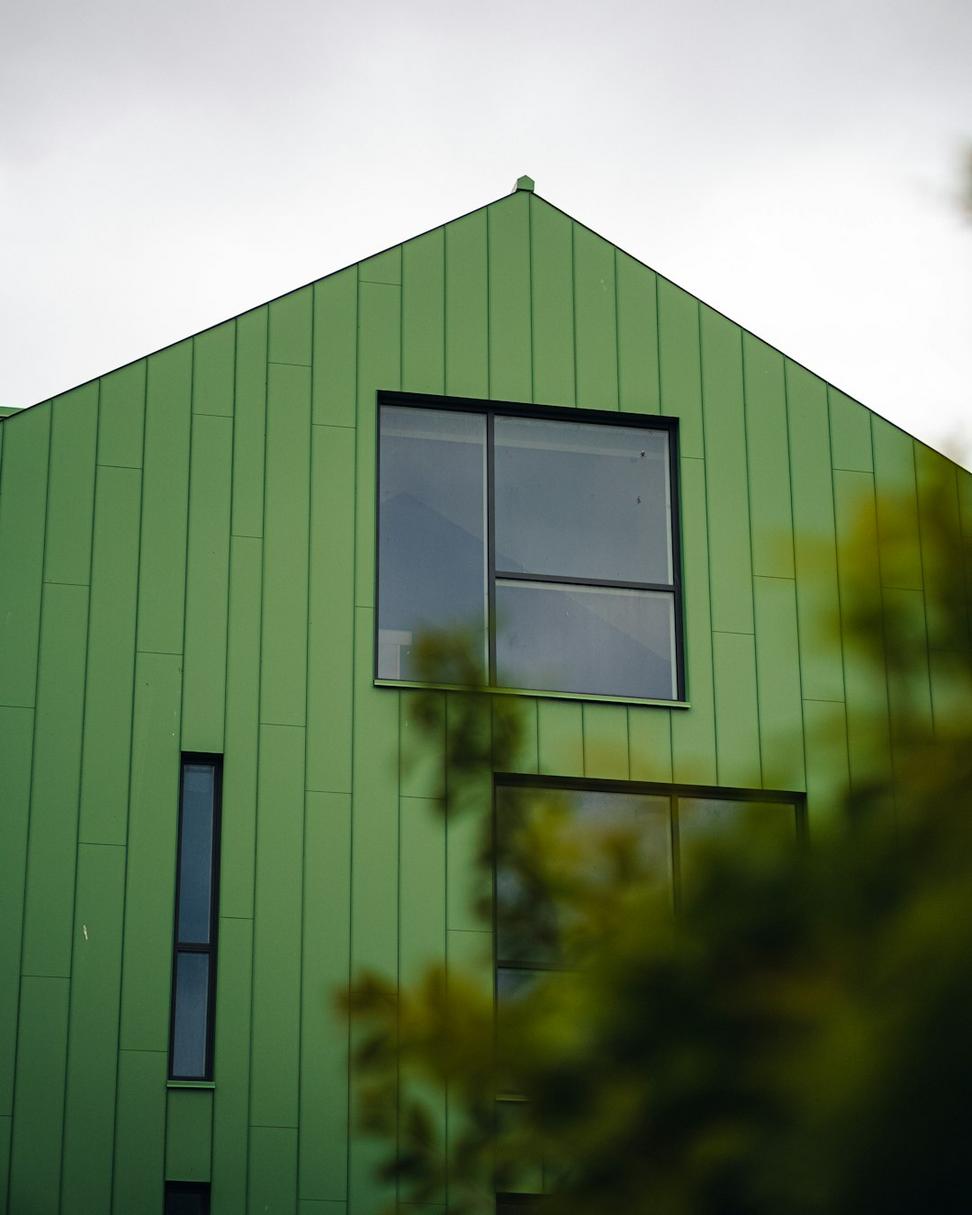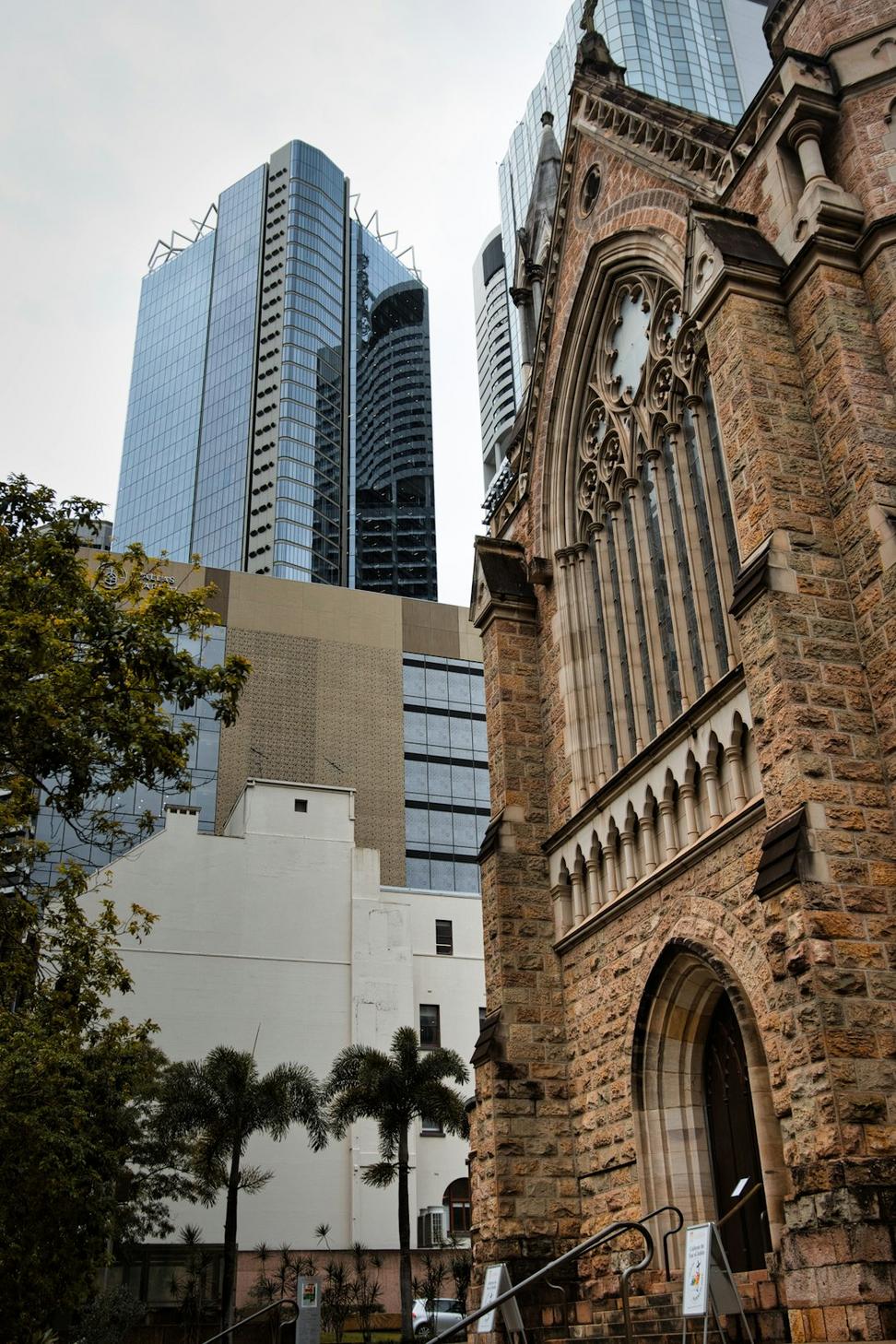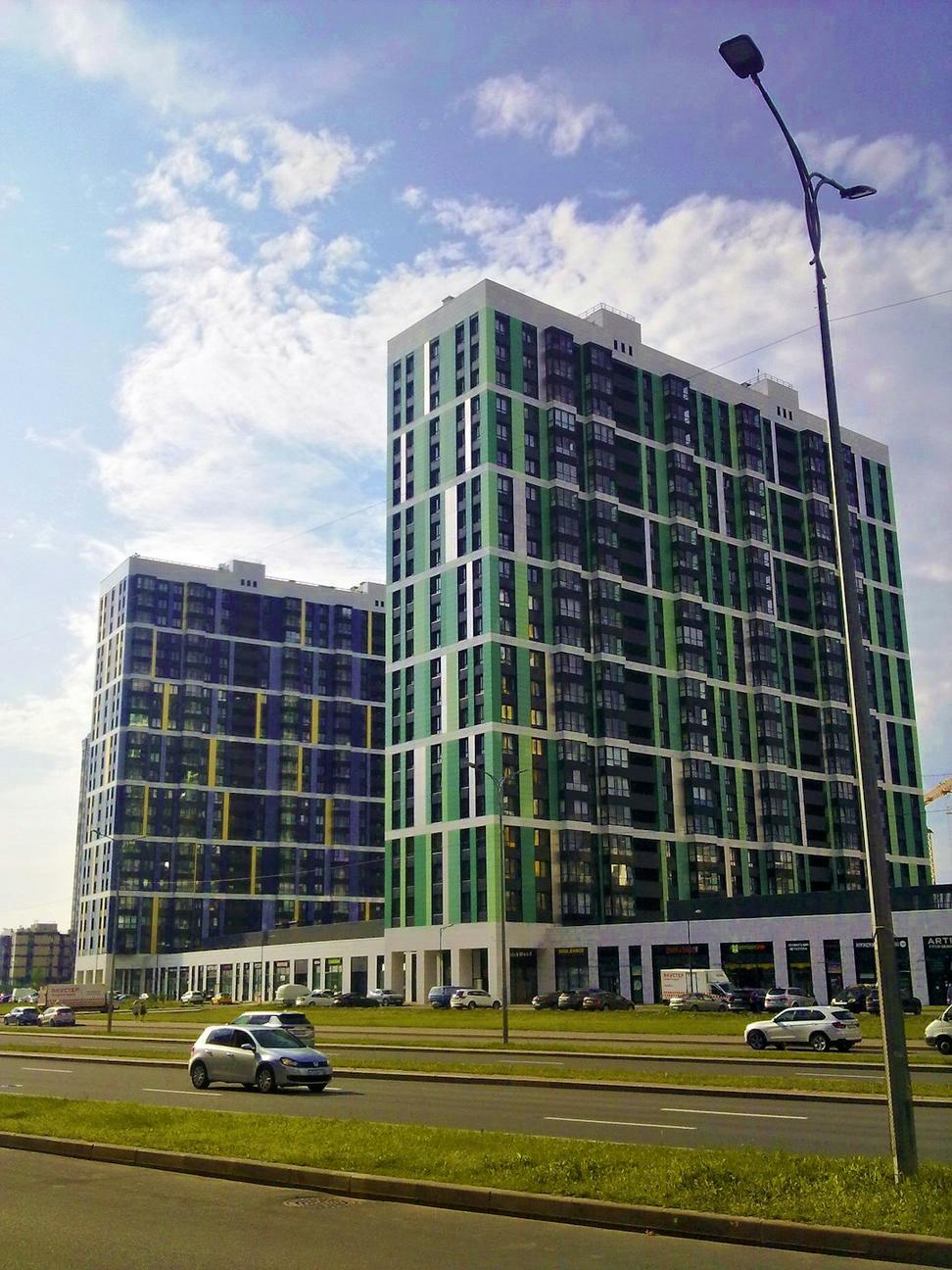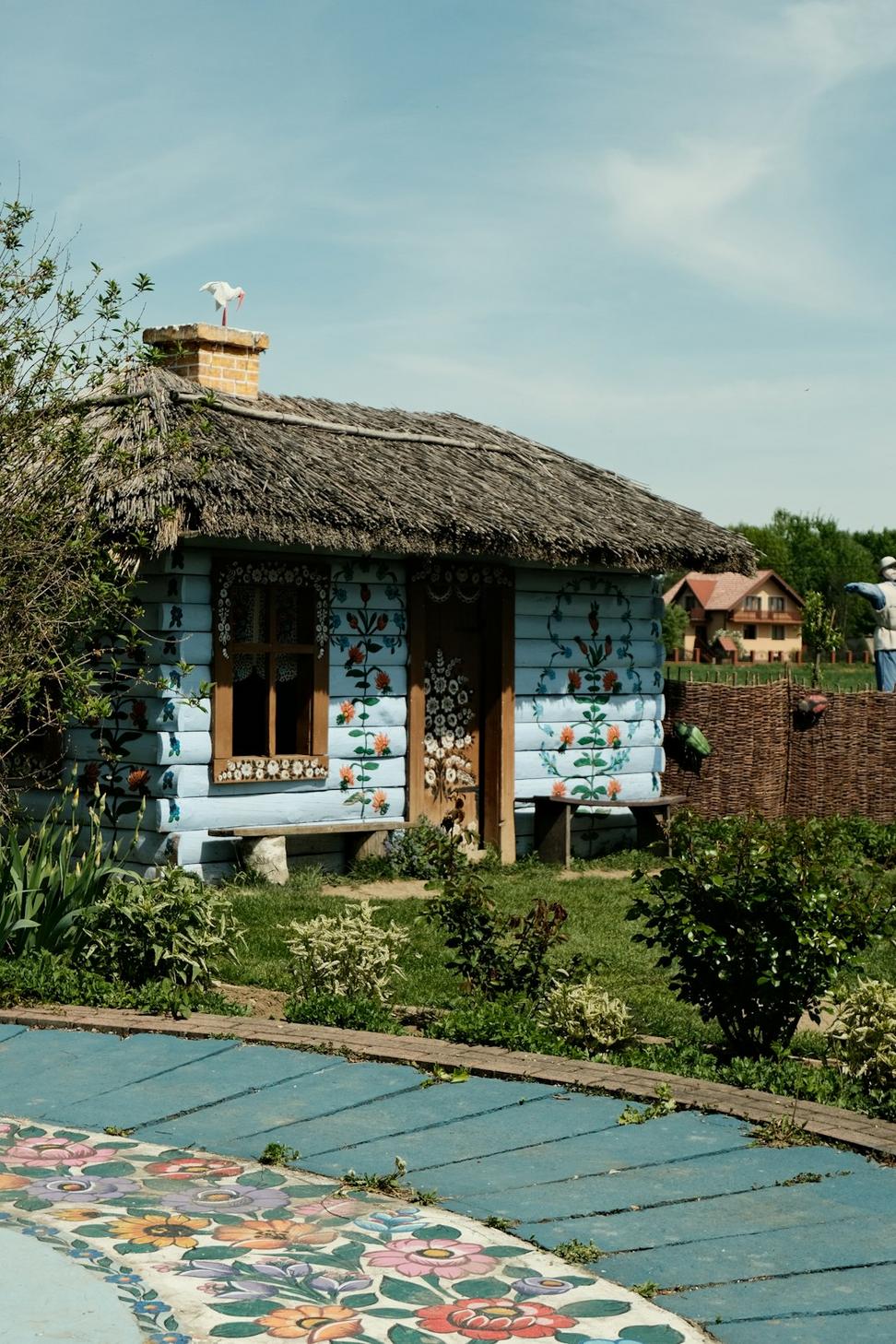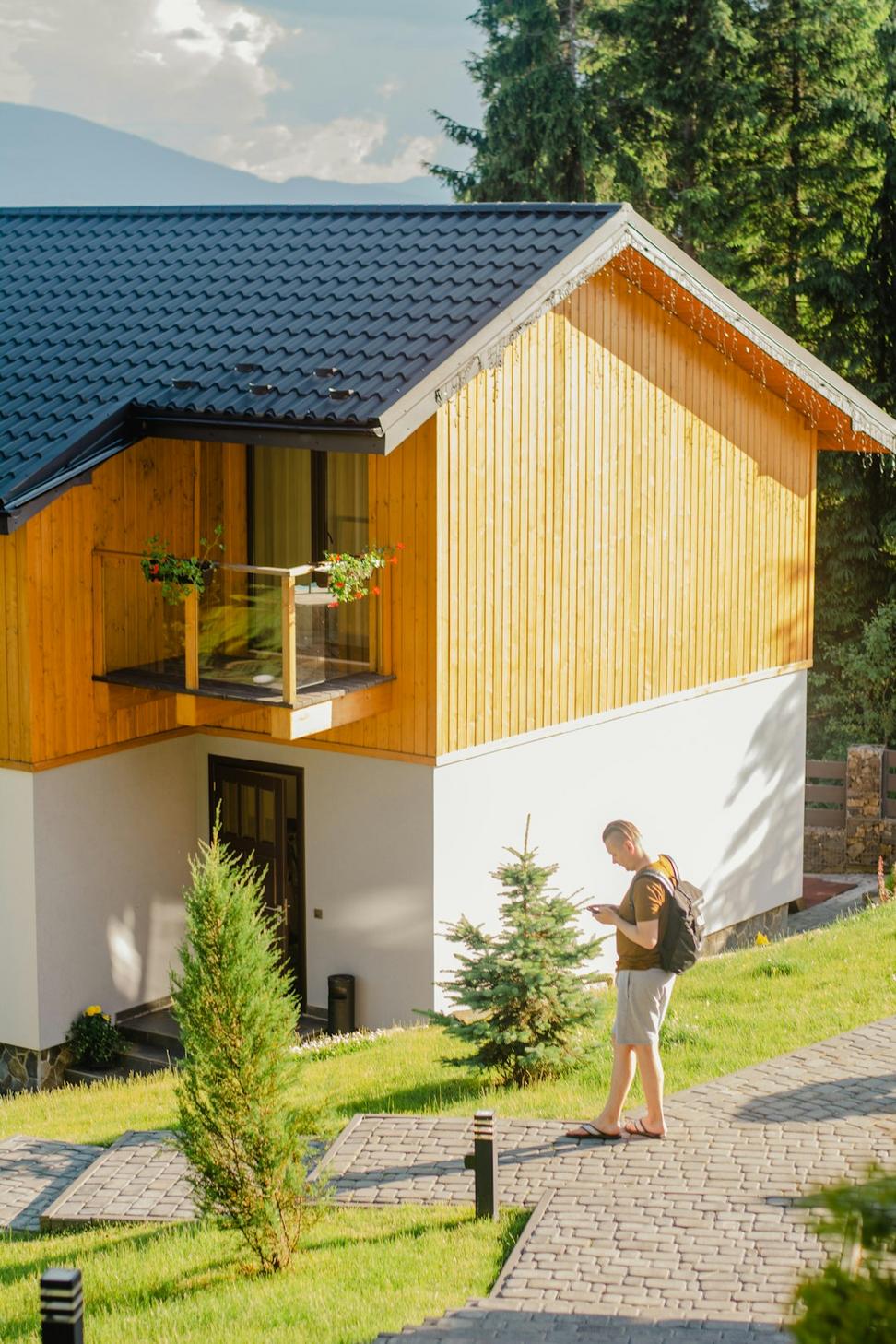Before & After: Real Transformations
These retrofits and rebuilds show what's possible when you get serious about sustainability.
West Vancouver Residential Retrofit
This 1970s house was basically hemorrhaging energy. The owners were spending a fortune on heating and the place was uncomfortable half the year. We didn't gut it completely - instead, we upgraded the envelope, added passive solar design elements, and installed a geothermal system.
Energy Use
28,400 kWh/yr → 4,200 kWh/yr
Annual Savings
$3,840 CAD
Comfort Rating
4/10 → 9.5/10
CO2 Reduction
6.8 tonnes/year
Downtown Mixed-Use Conversion
An old office block from the 80s that was gonna get demolished. Instead, we convinced the developers to convert it - kept the structure, redid everything else. Added residential units on top, commercial below, and turned the roof into an actual productive space with solar and a green roof that handles stormwater.
Material Saved
840 tonnes
Solar Generation
156 MWh/year
Stormwater Mgmt
95% on-site
vs. New Build
38% cost savings
North Shore Net-Zero Home
Our first true net-zero project back in 2019. The clients were skeptical about the upfront costs, but they trusted the process. Three years in, and their annual energy bill is literally zero - actually negative some months when they sell power back to the grid. The house basically pays for itself while being crazy comfortable year-round.
Energy Balance
Net Zero
Certification
LEED Platinum
ROI Timeline
8.5 years
Air Quality
Superior
